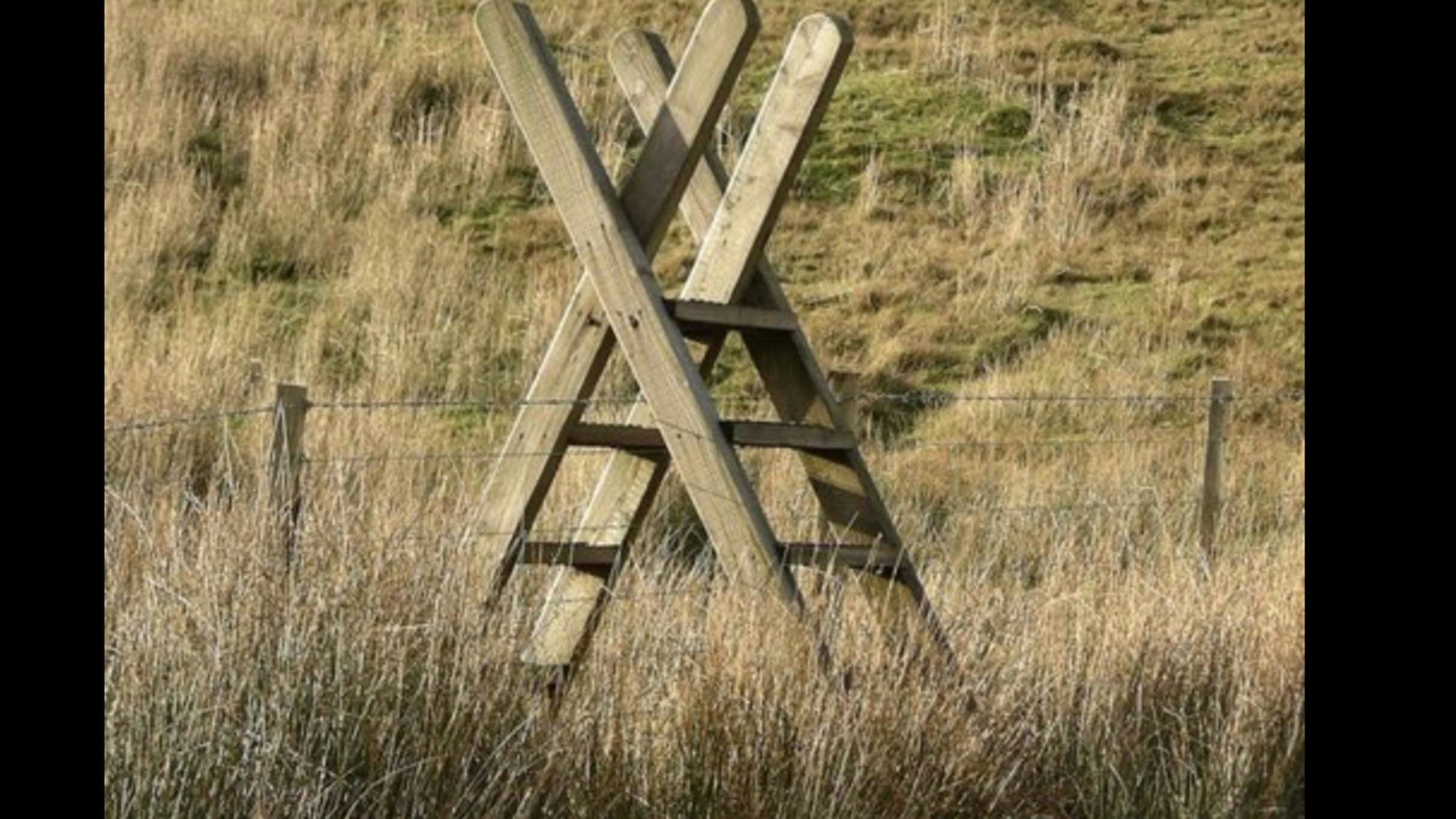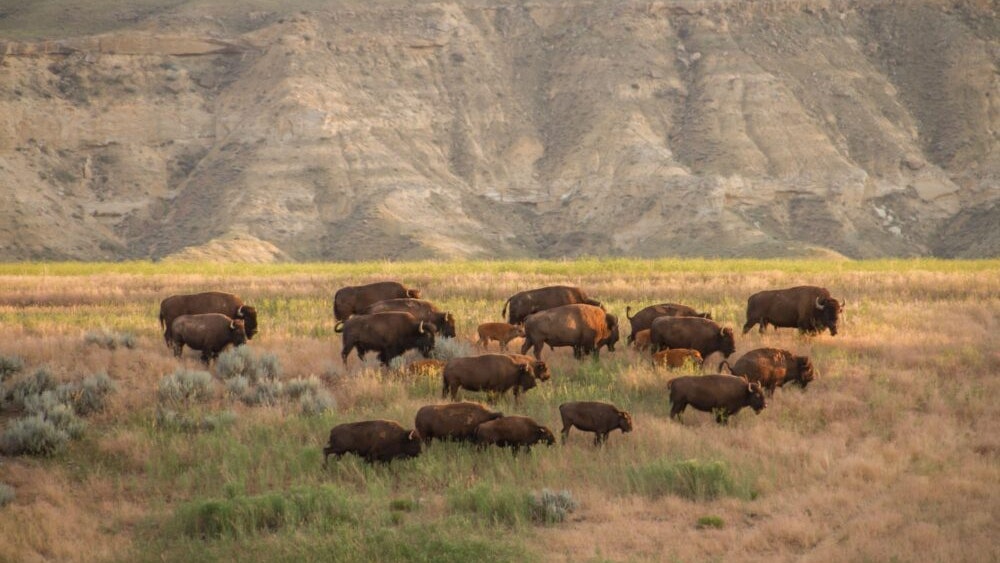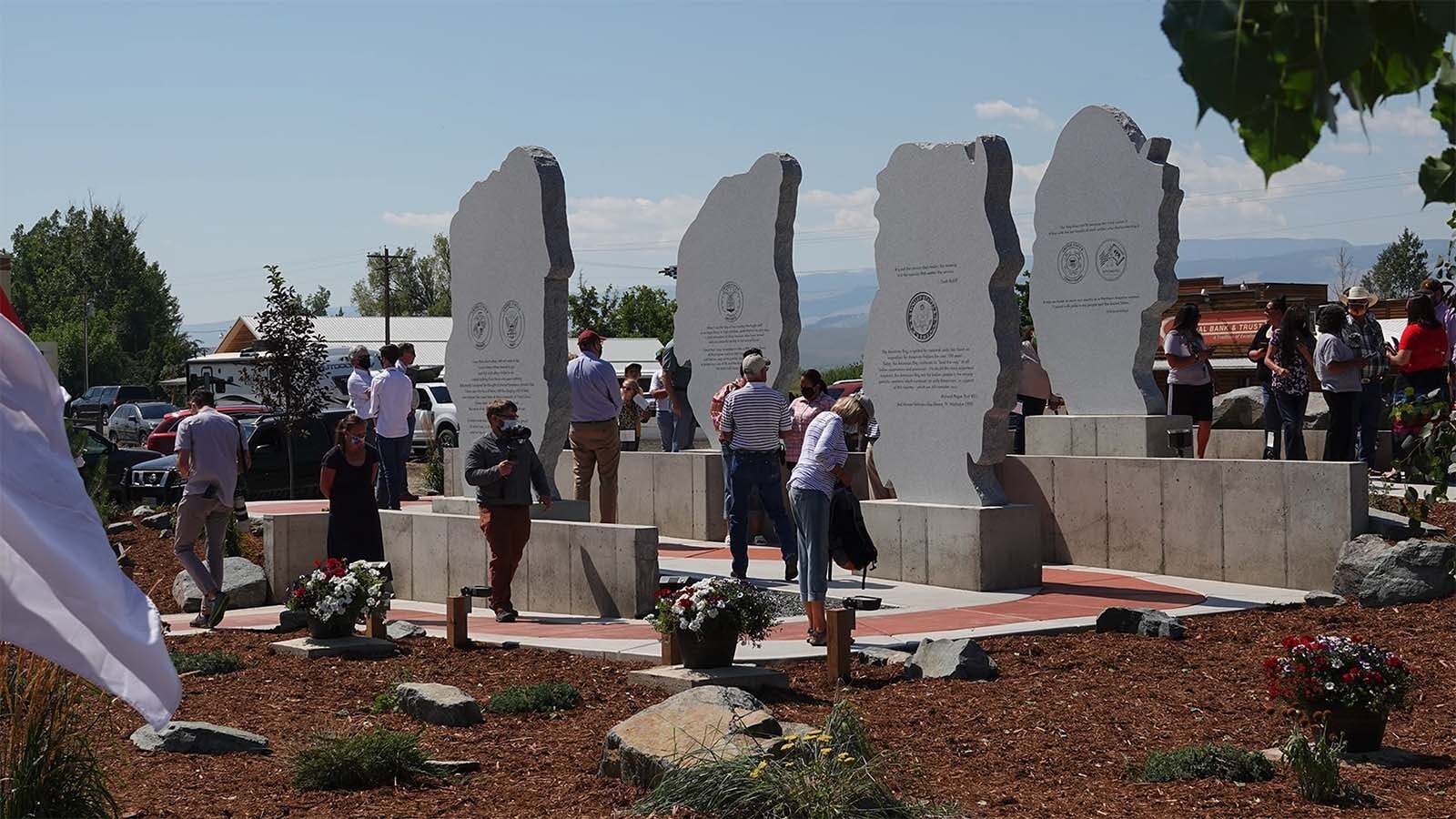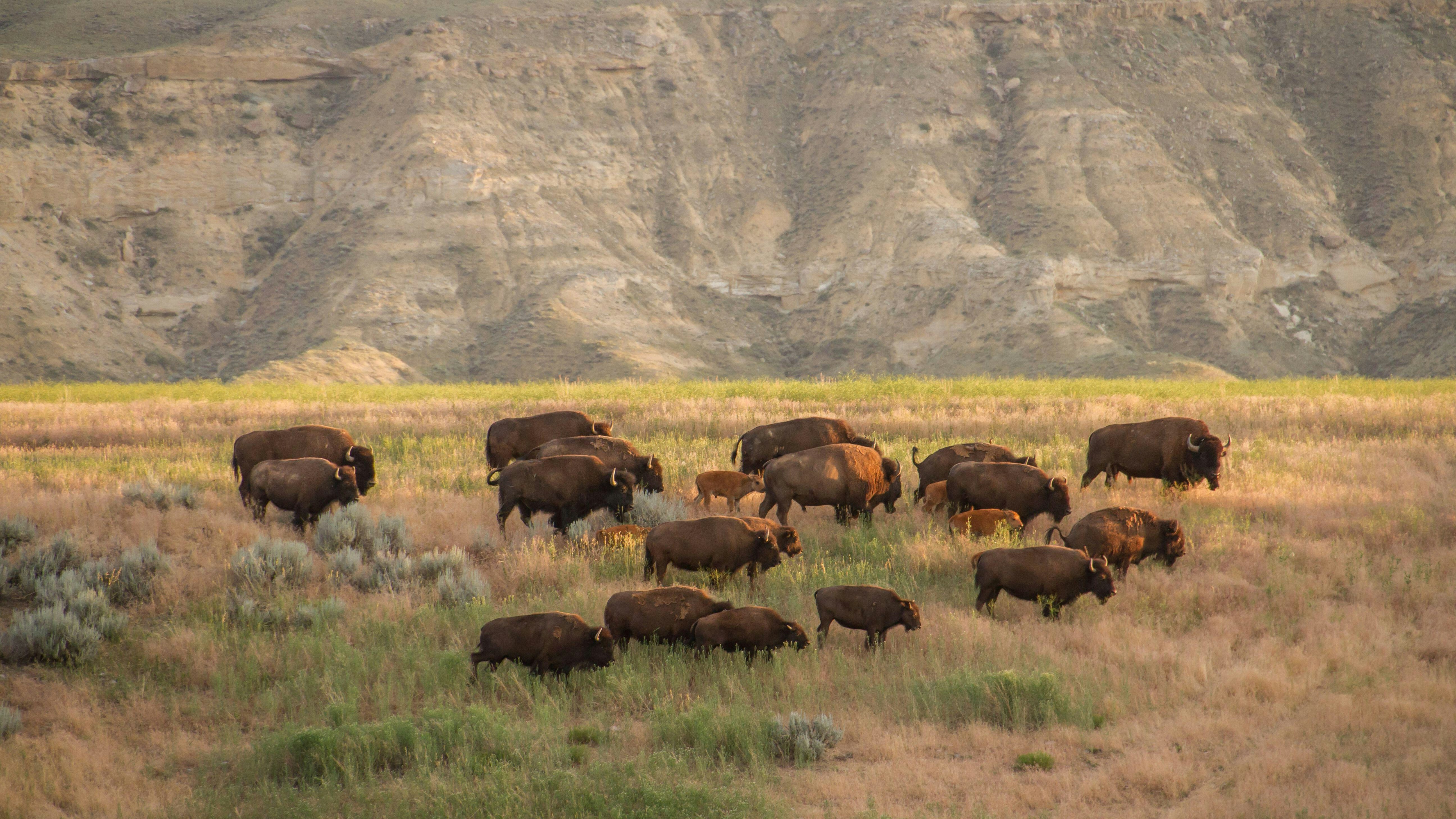Recognizing that a pending lawsuit over a “corner crossing” could have sweeping implications for Wyoming’s land access and trespass policy, advocacy groups for ranchers and hunters are weighing in.
The Wyoming Stock Growers Association and Backcountry Hunters & Anglers both recently filed briefs related to the case in federal District Court.
Hunters claim that it’s been established by federal law that public should have access to “checkerboarded” sections of federal land. The stock growers say that isn’t true and that the legality of “corner crossing” in Wyoming needs to be settled by the Wyoming Supreme Court.
A trial for a lawsuit stemming from a corner crossing case involving four Missouri hunters is set to begin June 26, 2023, in Casper.
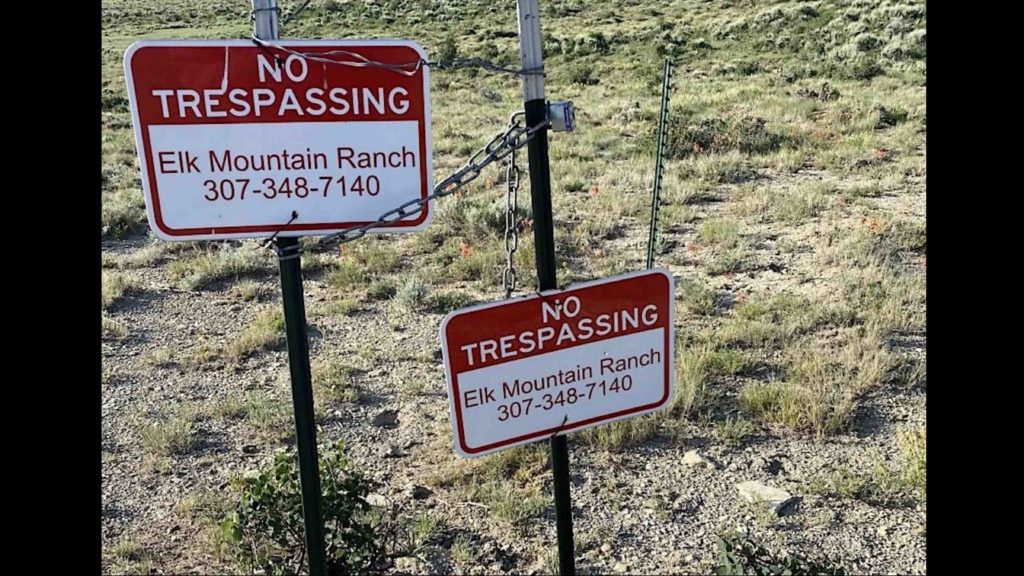
Who Controls The Air?
Checkerboarded land and corner crossings have long been a matter of dispute in Wyoming and across the West. Some federal land allocations – particularly for the Bureau of Land Management (BLM) – are intermixed with private parcels in checkerboard patterns.
So, to move between BLM parcels, people must “corner-jump,” which will inevitably put at least some part of their bodies in the air above the private property.
The case involving the Missouri hunters has called into question whether landowners also control the airspace above their soil at the corners.
The Incident That Started It All
The case stems from criminal trespassing charges filed against Missouri hunters Bradly Cape, Zachary Smith, Phillip Yoemens and John Slowensky.
They were accused of trespassing on Iron Bar Ranch land near Elk Mountain while attempting to cross from one corner of public land onto another section of public land in September 2021.
A Carbon County jury later found them innocent of the charges.
Iron Bar Holdings LLC and its owner, Fred Eshelman of North Carolina, subsequently filed a civil lawsuit against the hunters, claiming they had violated the ranch’s air space – and hurt his property value – when they used a ladder-like device to cross a fence from one parcel of public land to another at a checker-boarded corner with ranch property.
Public Locked Out?
The Iron Bar case is critical because it highlights how the public has been unjustly locked out of millions of acres of federal public land across Wyoming and the West, the backcountry hunters claim in their brief.
In some cases, land brokers have gone so far as to advertise checkerboarded sections of public land as essentially coming with the ranches they have for sale, the hunters claim.
They contend that a ruling in favor of the hunters would establish a precedent of reigning in violations of federally established standards against unjustly hindering public access to federal lands.
“A private landowner with half the ownership of a corner does not have a veto over access by the owner of the other half of the corner – namely the federal government – and by extension, the people of the United States,” the backcountry hunters’ brief states.
Access Not Implied?
The stock growers dispute that in their filing, claiming that the “checkerboard” land grants by Congress during the settlement of the West came with no such implied public access. Instead, the primary purpose was to reserve such things as mineral and transportation rights for the government.
“These reservations make it clear that Congress was well aware of its ability to reserve necessary rights in granted lands,” the stock growers’ brief states. “However, Congress did not reserve any rights for public access in the “checkerboard lands” in western states. Consequently, the agencies who administer these lands have long cautioned members of the public against crossing private lands to access federal lands.”
Moreover, whether “corner crossing” is trespass shouldn’t be settled in federal court; rather, by the Wyoming Supreme Court, the stock growers argue.

